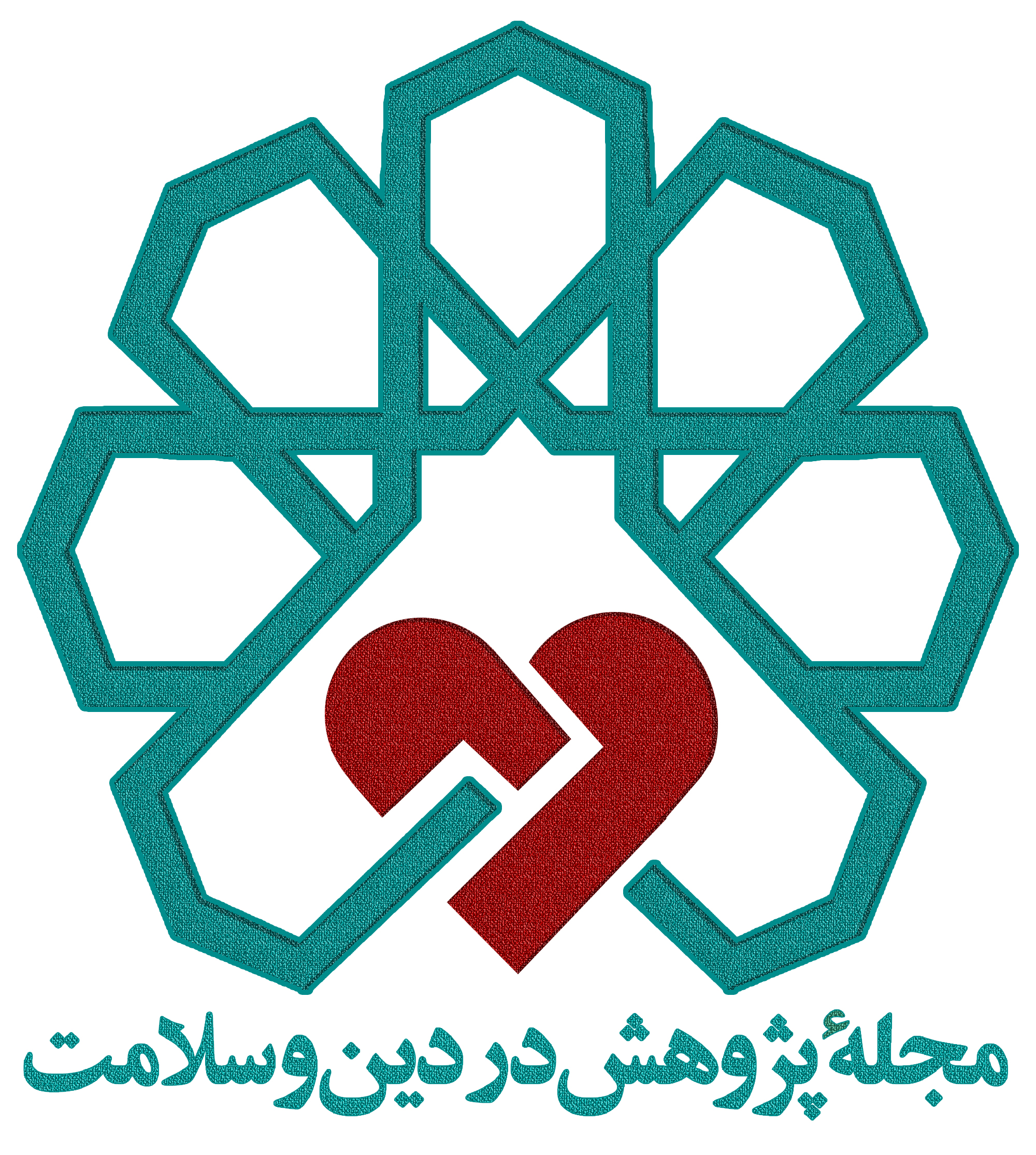Background and Objectives: Nowadays, tension and occupational burnout is a common and serious problem among people, particularly who are working in the human services jobs. Religious beliefs are attitudes towards the reality of mythological, supernatural or spiritual aspects of a religion. Subjective well-being is requires an understanding of the challenges of life. The aim of this study was to compare the relationship between religious beliefs and psychological well-being among employees of university of medical sciences with high and low burnout.
Materials and Methods: In this correlational study, the statistical population were all 280 employees in ILAM University of Medical Sciences (n=280). Considering the size of the population and using Morgan table, 160 people were choosen by simple random sampling so that 80 persons with low and 80 persons with high occupational burnout were screened using Questionnaire of Burnout Maslach and Jackson. Then individuals completed psychological well-being Reef and religious beliefs questionnaires (Khodayarifard). The research data was analyzed using the statistical software SPSS and Pearson correlation coefficient, t-test and Z scale.
Results: Data analysis using Fisher's Z-test showed that the relationship between religious beliefs and psychological well-being and its components, in the total score of psychological well-being (3.08) and components of reception (2.31), environmental control (3), purpose (3.24) and relationships with others (2.8) was significant between people with high and low occupational burnout.
Conclusion: Details of the research showed that the relationship between religious beliefs with a total score of psychological well-being and component acceptance, environmental mastery, purpose and relationships with others is higher in persons with low occupational burnout in comparison with high occupational burnout people. But it was not observed significant difference in terms of the religious beliefs, independence and personal growth between the two groups.

